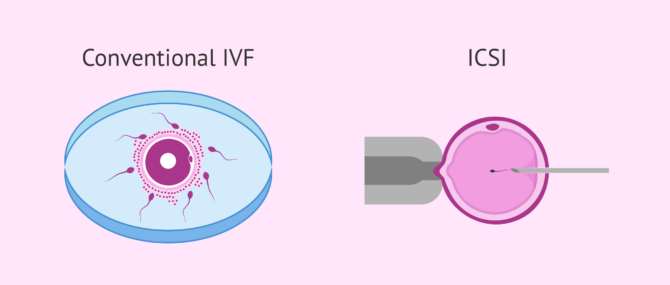Hello
I’m from the UK and have been struggling with infertility for a long time now. This was my 3rd IVF cycle after two failed IVF treatments that ended up in miscarriage… This time it’s working differently and that’s why I believe this time it’s going to work! Third time’s the charm, they say! The thing is, as far as I know I do not have the right to ask for some time off, but I’m not sure mainly because I actually don’t know if I really need rest or something similar after IVF embryo transfer… Can you help me in some way? Some guidance on this matter would be very much appreciated!
Really hoping fertilisation occurs this time
01/01/2016 at 3:43 pmDear Laura82,
It is common that, from time to time, employers in the NHS have to face requests from staff for time off due to personal matters. The problem is that some medical treatments are not covered explicitly by law, and this is the case of fertility treatments, surrogacy, adoption, gender reassignment processes, and pre-adoption meetings, as stated in the guide “Guidance on dealing with requests for time off for the NHS“, created by the NHS Employers organisation.
According to this guide, staff may be enabled to take some time away from work by using either paid leave, annual leave or unpaid leave, or even a combination of these. Anyhow, processes of these features should respect the autonomy and diversity of the staff. The aim of these series of good practice recommendations is to avoid any potential direct or indirect discrimination claims.
Among the most common types of request for time off, fertility treatments are on the top. In this sense, the Equality Act (2010) Code of Practice states that any woman that is treated unfavourably because she is undergoing IVF or any other fertility treatment, would not count as maternity and pregnancy discrimination. Why? Because a woman is not considered to be pregnant until the fertilised eggs have been implanted in the uterus.
However, sometimes the line separating one side from another is very fine and what is called “unfavourable treatment” may amount to sex discrmination. For this reason, even though there is no statutory entitlement to time off for in vitro fertilisation or any other assisted reproductive technologies, employers should not treat these women less favourably than they treat or would treat a member of the opposite gender in a similar situation, given that this could lead to sex discrimination. IVF does not require time off work, as you can read in the following topic: How much time off work is necessary after IVF?
After the fertilised embryo has been implanted, a woman is considered to be legally pregnant and from that moment onwards she will be protected from unfavourable treatment and entitled to time off for antenatal care. Ant the same applies where a man requires time off for fertility treatment as well.
You can find further information regarding fertility treatments on NHS in the following link: Fertility treatments if you can’t get pregnant
Best wishes
For data protection reasons, data is hidden in this message.01/11/2016 at 4:08 pm
Other topics related to this forum
Messages
Updated

